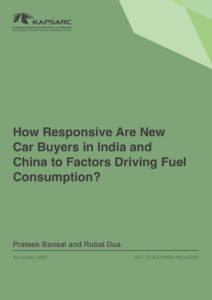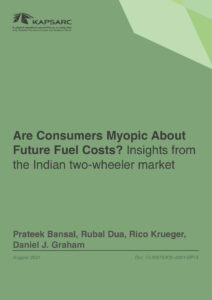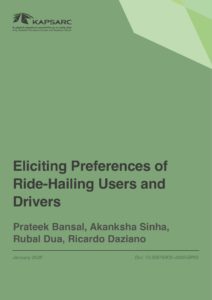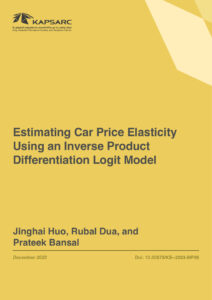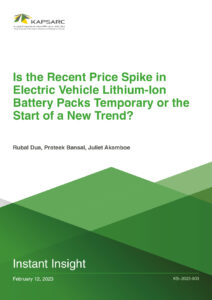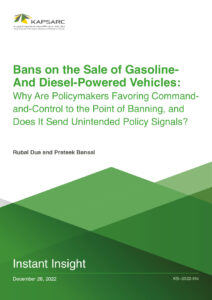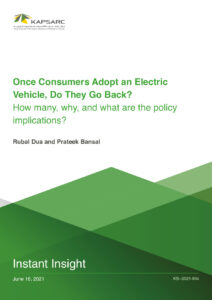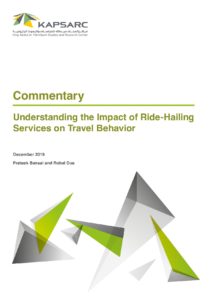Since the seminal work of Berry, Levinsohn, and Pakes (1995), random coefficient logit (RCL) has become the workhorse model for estimating demand elasticities in markets with differentiated products using aggregated sales data. While the ability to represent flexible substitution patterns makes RCL a preferable model, its estimation is computationally challenging due to the numerical inversion of the demand function. The recently proposed inverse product differentiation logit (IPDL) addresses these computational challenges by directly specifying the inverse demand function and representing flexible substitution patterns through nonhierarchical product segmentation in multiple dimensions. Unlike the two-stage simulation-based estimation of RCL, IPDL requires the estimation of a traditional linear instrumental variable (IV) regression model. In theory, IPDL appears to be an attractive alternative to RCL, but its potential has not yet been explored in empirical studies. We present the first application of IPDL in understanding the demand for passenger cars in China using provincial-level sales data. Our results indicate that the elasticity estimates of IPDL and RCL are not significantly different, i.e., that IPDL can capture substitution patterns in a similar manner as can RCL. The estimation of IPDL takes less than a second on a regular computer (i.e., it is approximately 500 times faster than RCL). Overall, the flexibility and computational efficiency of IPDL makes it a workhorse model for demand estimation using market-level aggregated sales data.
26th December 2023
